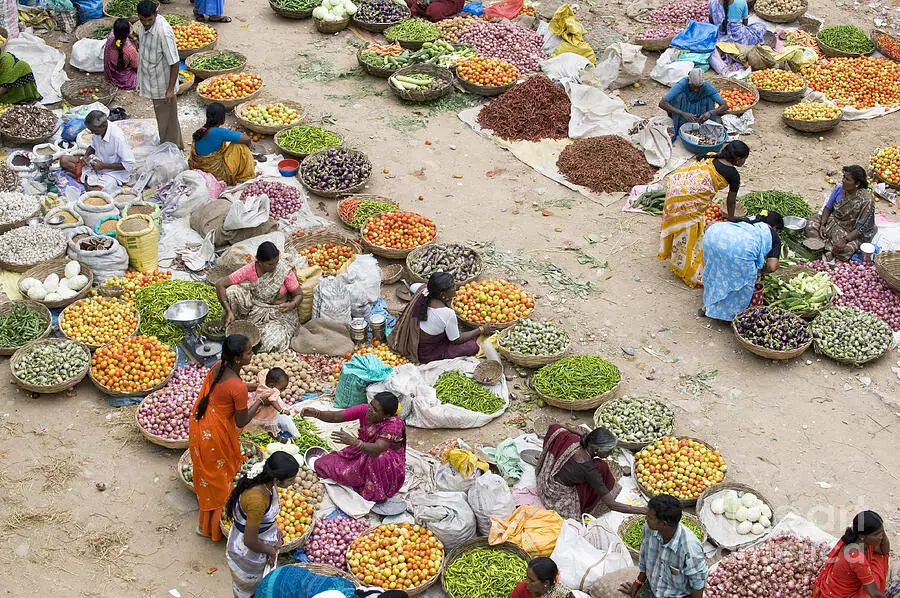India's inflation at 5.6 per cent is higher than many countries, Bank of Baroda
India's inflationary trend might persist through December due to the sustained surge in food prices
image for illustrative purpose

Chennai: In November, India saw its inflation climb to 5.6%, marking a notable increase compared to several other nations, as outlined in a recent report from the Bank of Baroda.
According to the report, India's inflationary trend might persist through December due to the sustained surge in food prices. However, there's a positive aspect in the form of steady core inflation observed over the past few months, indicating a more stable pattern influenced by demand-side factors and responsive to monetary policy. On the contrary, food inflation seems more affected by issues in the supply chain, where production shortages directly impact pricing.
India's inflation rate of 5.6% stands out compared to most countries, excluding outliers like Argentina and Turkey, which are experiencing extreme inflation rates of 143% and 62%, respectively.
Leading ahead of India, Russia and South Africa report higher inflation rates of 7.5% and 5.9%, respectively.
Following India's position, Australia reports a 5.4% inflation rate, with Singapore and Brazil at 4.7%, the UK at 4.6%, Mexico at 4.3%, and Japan and South Korea at 3.3%. Both Canada and the US share the same rate of 3.3%, while Indonesia stands at 2.9%, the Euro Area at 2.4%, Saudi Arabia at 1.6%, Switzerland at 1.4%, and China at minus 0.5%, according to the findings provided by the Bank of Baroda.
The report also highlights the fluctuating nature of India's inflation, primarily propelled by the volatility in food prices, resulting in varying monthly trends.

